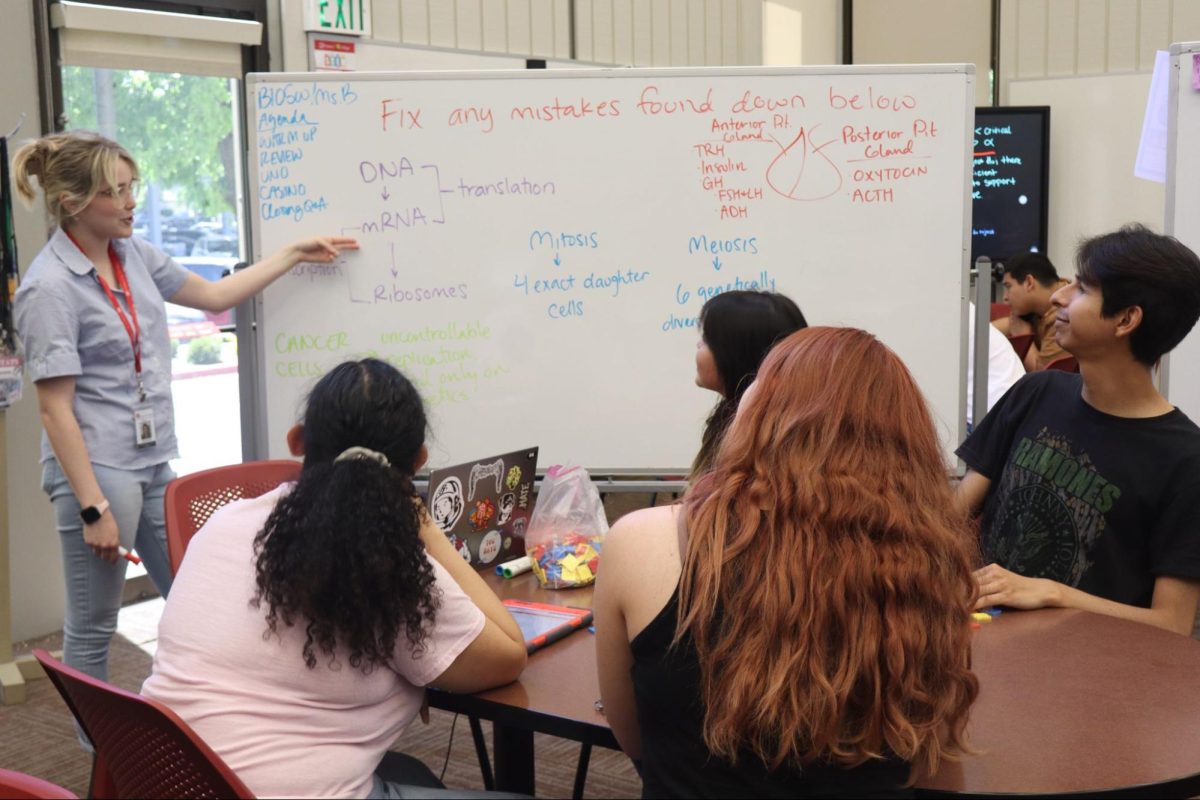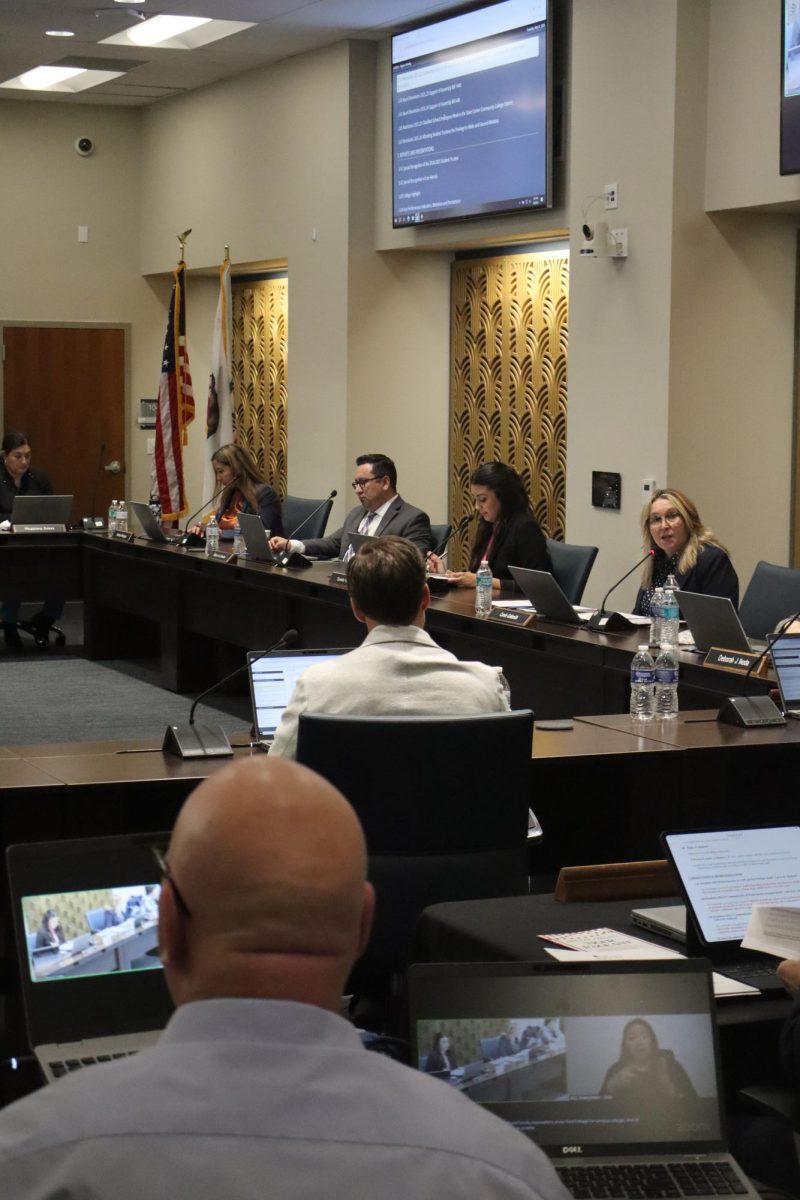In its new budget plan, the California Legislative Analyst’s Office has proposed an increase in community college enrollment fees — a potential 54 percent hike, from $26 to $40 for 2010-11.
The increase, meant to “leverage more federal aid and provide needed funds” to the state’s community colleges, may take effect in the fall 2010 semester, a proposal garnering various reactions from Fresno City College students and staff.
The Legislative Analyst’s Office provides fiscal policy advice to the state legislature. On Feb. 26, the LAO released its suggested budget for higher education, which contained several recommendations. Among them was the $14 per-unit cost increase that, according to the budget, would “generate approximately $150 million in additional revenues to the CCC system.”
Sheryl Sullivan, an accounting supervisor at Fresno City College, said the fee increase proposal is among the highest she has seen. Sullivan noted the 2004 fee hike of $8, from $18 to $26 per unit. The newest increase proposal would nearly double that.
“Historically, it’s a very large jump,” Sullivan said.
Even if this increase happens, the LAO budget states, “CCC fees would still be the lowest in the country.”
ASG President Sergey Saluschev, 22, said he doesn’t buy the LAO’s explanation.
“No, it’s not going to be cheap. That’s what they want to sell this idea with,” he said.
During an interview with The Rampage, Saluschev calculated that his spending this semester was $662 (12 units at $26 each, plus the cost of books). If it becomes $40 a unit, it would jump to around $830, which is “a significant amount of money in a time when it’s really difficult to find a part-time job, especially for students,” he said.
Even with the additional $150 million generated from the fee hike, Saluschev said, those revenues would provide an insignificant amount of funds that could only help with the operational costs of community colleges.
“It will not be able to back-fill any categorical problems that have been cut before, such as EOPS and DSPS,” he said.
Saluschev also disagrees with raising fees during present economic hardships. “It’s a bad message,” he said. “As students, we should do all that we can to resist this potential fee increase.”
But not everyone opposes raising the per-unit cost if it helps to improve the school.
Dillon Arellano, 18, a first-year student and an EOPS student aid worker, said the fee hike could decrease crowded enrollment and give more incentive for some students to value their education.
Jessica Espinoza, 19, a student for four semesters and also an EOPS student aid worker, said some students are using the college “to delay reality” and are not taking their education seriously.
“[The fee hike] would stop a lot of students [from enrolling] who aren’t willing to be here,” she said, but added that it would make it more difficult for the people already committed to their academics.
The LAO budget also suggests that the fee increases “would not affect financially needy students.”
Frank Ramon, director of financial aid at FCC, stressed that the fee hike is not yet in effect. He said Gov. Schwarzenegger gave his budget plan in January and that revisions would follow in May and would continue to be modified in the following months until lawmakers reach a decision.
“We don’t want to see [the cost increase] happen but it’s just one of the ways the state is trying to generate revenue,” Ramon said.
The additional revenue would be collected from those who did not qualify for assistance through financial aid. According to Ramon, those that are covered under financial aid will not be affected by any increase and will be given a fee waiver, provided they meet certain requirements.
The FCC Web site states the Board of Governors fee waiver is considered for eligible students if they are California residents and if they completed their FAFSA early otherwise additional applications are required.
However, like many other students, Saluschev won’t receive help from financial aid and will surely feel the cost difference in the fall if the increase goes into effect. Students can voice their concerns about the state budget problems, he said, by participating in the March In March event in Sacramento on March 22.






